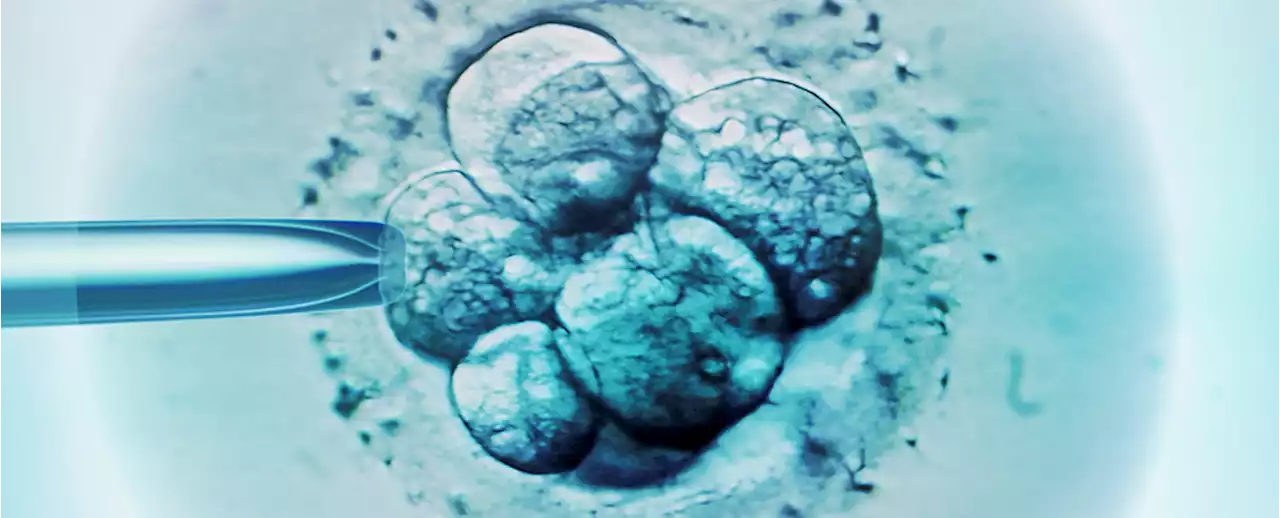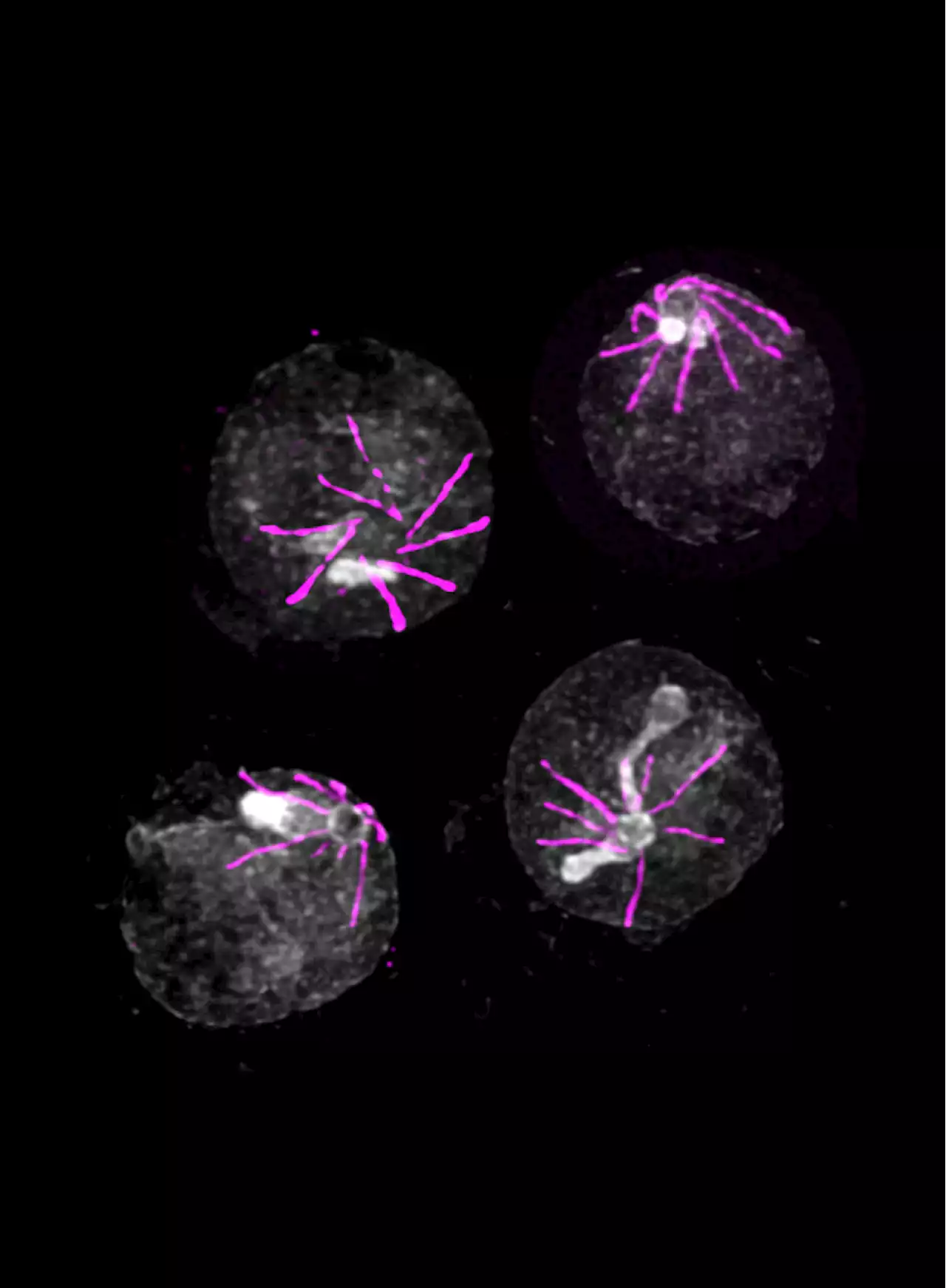Scientists monitoring the white shark population in the waters off Cape Cod are attaching better sensors to the predators, including cameras.
FILE - In this May 22, 2019, file photo, a shark warning warns beachgoers at Lecount Hollow Beach in Wellfleet, Mass. Scientists monitoring the white shark population in the waters off Cape Cod are stepping up their game by attaching more highly sophisticated sensors that include cameras to the predators to help keep beachgoers informed and safe, researchers said Tuesday, June 13, 2023.
“So as a result, we’ve intensified our research off the Cape to study various aspects of white shark behavior," Skomal said. “They’re outfitted with an incredible array of sensors that tell us about the animal’s movements and theirThe information is downloaded to a free app available to the public to reduce encounters and promote safety.
United States Latest News, United States Headlines
Similar News:You can also read news stories similar to this one that we have collected from other news sources.
 Oppo’s Find N2 Flip Phone Is an Affordable FoldableWIRED Affordable for a foldable. Compact enough for tight pockets and small bags. Display crease is relatively subtle. Outer display is handy. TIRED No wireless charging. No IP rating for water resistance. Not sold in the US. Hard to find. 📸: Oppo
Oppo’s Find N2 Flip Phone Is an Affordable FoldableWIRED Affordable for a foldable. Compact enough for tight pockets and small bags. Display crease is relatively subtle. Outer display is handy. TIRED No wireless charging. No IP rating for water resistance. Not sold in the US. Hard to find. 📸: Oppo
Read more »
 Scientists Create Synthetic Human Embryo Models in Major FirstIn a major scientific first, synthetic human embryo models have been grown in the lab, without any need for the usual natural ingredients of eggs and sperm.
Scientists Create Synthetic Human Embryo Models in Major FirstIn a major scientific first, synthetic human embryo models have been grown in the lab, without any need for the usual natural ingredients of eggs and sperm.
Read more »
 Scientists: ‘Don’t Get Mad, But We Accidentally Found The Cure For Homosexuality’STANFORD, CA—Calling on the public to “Please, just listen first,” scientists at Stanford University sheepishly announced Thursday, “Don’t get mad, but we accidentally found the cure for homosexuality.” “Wait, hold on, everybody calm down—we’re just the messengers here, okay?” said researcher Eduardo Soto, who wiped…
Scientists: ‘Don’t Get Mad, But We Accidentally Found The Cure For Homosexuality’STANFORD, CA—Calling on the public to “Please, just listen first,” scientists at Stanford University sheepishly announced Thursday, “Don’t get mad, but we accidentally found the cure for homosexuality.” “Wait, hold on, everybody calm down—we’re just the messengers here, okay?” said researcher Eduardo Soto, who wiped…
Read more »
 Scientists Create Synthetic Human Embryos Using No Sperm or EggA team of scientists has created synthetic human embryos from stem cells without the need for either an egg or sperm.
Scientists Create Synthetic Human Embryos Using No Sperm or EggA team of scientists has created synthetic human embryos from stem cells without the need for either an egg or sperm.
Read more »
 Welcome to Transhumanist Hell: Scientists Create 'Synthetic Human Embryo'Scientists at the California Institute of Technology and the University of Cambridge in Britain have used stem cells to create what they call a 'synthetic human embryo.' The scientists involved promise they will use the technology for research purposes and not to produce transhuman nightmares beyond our comprehension.
Welcome to Transhumanist Hell: Scientists Create 'Synthetic Human Embryo'Scientists at the California Institute of Technology and the University of Cambridge in Britain have used stem cells to create what they call a 'synthetic human embryo.' The scientists involved promise they will use the technology for research purposes and not to produce transhuman nightmares beyond our comprehension.
Read more »
 Scientists believe disorienting the malaria parasite may prevent it from causing harmWith almost 250 million cases a year, 621,000 of them fatal, malaria remains a major public health problem, particularly in sub-Saharan Africa. Malaria is a parasitic disease transmitted by mosquitoes and caused by a microbe of the genus Plasmodium. On its journey from mosquito to human, Plasmodium must adapt to the specificities of the many organs and cells it parasitizes. Microbes do not have sensory organs; instead, they have sensors made of proteins to detect molecules specific to the environments they colonize. While most living organisms share the same types of sensors, Plasmodium is an exception.
Scientists believe disorienting the malaria parasite may prevent it from causing harmWith almost 250 million cases a year, 621,000 of them fatal, malaria remains a major public health problem, particularly in sub-Saharan Africa. Malaria is a parasitic disease transmitted by mosquitoes and caused by a microbe of the genus Plasmodium. On its journey from mosquito to human, Plasmodium must adapt to the specificities of the many organs and cells it parasitizes. Microbes do not have sensory organs; instead, they have sensors made of proteins to detect molecules specific to the environments they colonize. While most living organisms share the same types of sensors, Plasmodium is an exception.
Read more »
